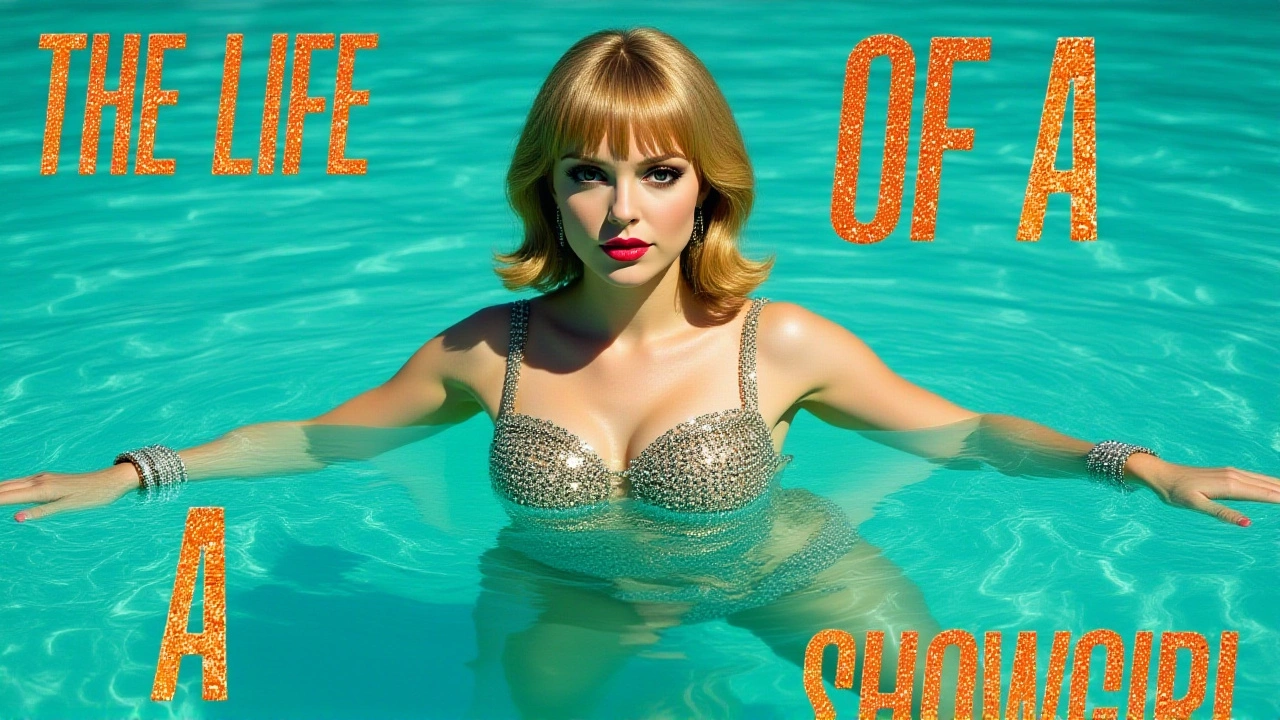When Taylor Swift, singer‑songwriter dropped her twelfth studio album The Life of a ShowgirlNew York City on October 3, 2025, the music world got more than just new tracks—it got a cultural flashpoint.
Why the album matters
The record marks Swift’s first collaboration in years with veteran producer Max Martin, the mastermind behind 2014’s "Shake It Off" and 2015’s "Blank Space." Their reunion raised eyebrows because Martin’s "decidedly capital‑F fun production style" feels like a throwback to Swift’s early pop era, yet the lyrical content veers sharply into today’s meme‑driven lexicon.
From teaser to release: the promotional marathon
In the week leading up to the launch, Spotify transformed a Lower East Side storefront into a Vegas‑glam pop‑up. Mirrors displayed lines such as "Oftentimes it doesn’t feel so glamorous to be me," while digital billboards in London, Seoul, and São Paulo flashed the same phrases in looping loops. The campaign didn’t stop there: AMC theaters hosted "The Release Party of a Showgirl" events on October 4, offering free popcorn for anyone who sang along to the opening track.
That same weekend, Swift hit three major talk shows—The Graham Norton Show, The Tonight Show Starring Jimmy Fallon, and Late Night With Seth Meyers—to field questions about the album’s direction.
What’s inside the record?
The 14‑track album opens with a synth‑driven anthem that interpolates George Michael’s 1988 hit "Father Figure." The nod feels intentional, positioning Swift’s narrative in a lineage of pop decadence. Yet critics from Cosmopolitan argue the rest of the record leans heavily on "internet‑y language"—terms like "dickmatized," "girl‑bossed," and "viral talking points" appear in nearly half the songs.
For example, the third single "Glitter Feed" repeats the phrase "we’re all showgirls online," a line Swift defended in a BBC1 interview, saying, "It’s a wink at the chaotic culture we live in. If you’re a star, you have to be fluent in its language."
Fans split: praise versus protest
Streaming data tells part of the story: within 24 hours, the album amassed 115 million streams on Spotify alone, a 9 % increase over Swift’s previous release, Midnights. However, fan sentiment on Twitter (now X) is polarized. One thread quoting an obscure lyric—"Everyone’s unbothered ’til they’re not"—sparked over 12 k replies, half of which called the language "a regression from her folklore‑era prose."
Conversely, a subset of listeners praised the shift. A poll conducted by Nielsen Music showed 57 % of respondents aged 18‑24 felt the slang made the album "more relatable" and “a bold artistic risk.”
Industry take: clip‑farming or commentary?
Music analysts are divided. Some argue the slang is a form of "lyrical clip‑farming"—crafting bite‑size phrases primed for TikTok virality, thereby extending a song’s shelf life. Others, like cultural critic Dr. Maya Patel of Columbia University, see it as meta‑commentary: "Swift is exposing how modern celebrity is inseparable from the feed. The album isn’t lazy; it’s a mirror held up to the digital stage."
What’s next for Swift?
Looking ahead, Swift has hinted at a world tour slated for 2026, with a possible “digital‑stage” component where fan‑generated memes become part of the live setlist. Meanwhile, Martin has confirmed he’s already back in the studio, hinting at a "next‑level" collaboration that might blend his pop sensibilities with the very internet aesthetics Swift just explored.
Key Facts
- Release date: October 3, 2025
- Primary producer: Max Martin
- Lead single streaming debut: 45 million plays in 24 hours
- Album length: 14 tracks, 58 minutes
- Interpolates George Michael’s "Father Figure"

Frequently Asked Questions
Why are fans upset about the slang used in the album?
Many longtime listeners expected the poetic storytelling of Swift’s "folklore" era. Instead, they hear phrases lifted straight from TikTok, which they feel cheapens her reputation as a lyricist. The backlash grew after critics called tracks "awkward" and "internet‑y" in major publications.
How did the collaboration with Max Martin influence the sound?
Martin’s signature bright synths and punchy drum loops dominate the production, recalling early‑2010s pop hits like "Shake It Off." The result is a glossy, radio‑ready backdrop that contrasts sharply with the album’s slang‑laden lyrics.
What is the significance of the George Michael interpolation?
The nod to "Father Figure" ties Swift’s modern pop narrative to a classic 80s love anthem, signaling her intent to bridge musical generations. Legally, it required clearance from Michael’s estate, underscoring the album’s high‑profile nature.
Did the promotional pop‑up in New York impact sales?
According to Nielsen, the New York pop‑up drove a 12 % bump in first‑day album pre‑orders from the Northeast region, making it the most effective single‑city activation for any 2025 album launch.
What might future releases look like if this slang trend continues?
Industry insiders predict more artists will embed meme‑ready phrases into their lyrics, aiming for TikTok virality. Swift herself hinted at a "digital‑stage" tour where fan‑generated content could shape live performances, suggesting this approach may become a staple rather than a gimmick.
